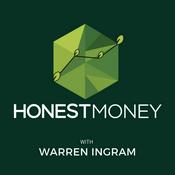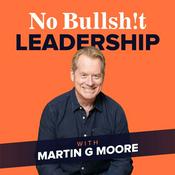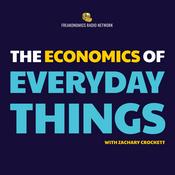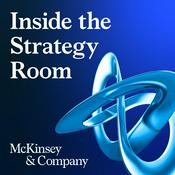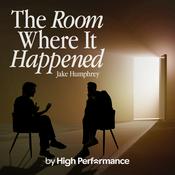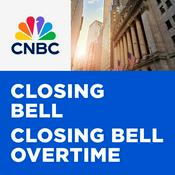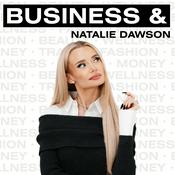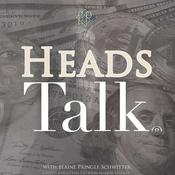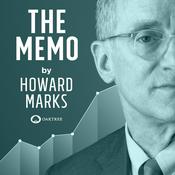29 episodes
- Today's episode tackles a challenge facing boardrooms right now: the intersection of geopolitics and corporate governance. For decades, companies followed a playbook built on global integration and efficiency. But now that playbook is being rewritten by trade wars, sanctions, and supply chain disruptions.So how do boards navigate a landscape where geopolitical risk is the new normal, and where every decision reverberates across shifting borders, markets, and social expectations?At a recent live event, Host Curt Nickisch sits down with: Ruth Aguilera, Brodsky Trustee Professor in Corporate Governance at Northeastern University; Kevin McGovern, President of the New England chapter of the National Association of Corporate Directors; and Roy Shapira, Professor of Law at Reichman University and visiting fellow at the Ravi K. Mehrotra Institute for Business Markets and Society.
Learn more about your ad choices. Visit podcastchoices.com/adchoices - At its core, antitrust is about reining in concentrated power. But in a world where digital platforms shape our choices and markets evolve, the boundaries of competition and fairness seem to be shifting.Who truly gets to compete? What keeps markets open and innovative? And how are new technologies testing the limits of rules written for another era?Today's guests are BU Questrom Professors Dionne Lomax and Cathy Fazio.
Learn more about your ad choices. Visit podcastchoices.com/adchoices - How might corporate governance shape business decisions, trust, and society at large? In this special student-hosted episode of Is Business Broken?, BU Questrom Undergrad Grant Corbett speaks with BU Questrom Visiting Professor Roy Shapira.
Learn more about your ad choices. Visit podcastchoices.com/adchoices - Today, we're diving into a fascinating corner of self-regulation—one that doesn't rely on formal rules or legal protections, but instead on norms. In industries like fashion and fine dining, there are powerful unspoken rules: don’t copy, don’t steal—even when you legally can.What does it take to sustain trust and collaboration when regulation isn’t there to keep everyone in line?To discuss, host Curt Nickisch invites to the show Giada Di Stefano, a professor of strategy at Bocconi University in Milan, Italy; and Andy King, Allen and Kelli Questrom Professor in Strategy & Innovation at BU Questrom.
Learn more about your ad choices. Visit podcastchoices.com/adchoices - Last week's show introduced self-regulation, the practice of businesses, setting their own guardrails without government, but what are the limits to private actors policing themselves?At what point should government intervene in the public interest, and also companies getting together to set their own rules? When does that cross into antitrust territory and become collusion? Host Curt Nickisch speaks to BU Questrom Professor Tim Simcoe and Jonathan Kanter, former Assistant Attorney General for the Antitrust Division in the Biden Administration.
Learn more about your ad choices. Visit podcastchoices.com/adchoices
More Business podcasts
Trending Business podcasts
About Is Business Broken?
Conversations about the role of business in society, brought to you by the Ravi K. Mehrotra Institute for Business, Markets & Society at BU Questrom School of Business.
Podcast websiteListen to Is Business Broken?, The Diary Of A CEO with Steven Bartlett and many other podcasts from around the world with the radio.net app
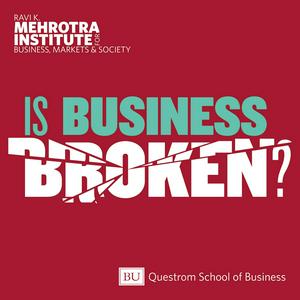
Get the free radio.net app
- Stations and podcasts to bookmark
- Stream via Wi-Fi or Bluetooth
- Supports Carplay & Android Auto
- Many other app features
Get the free radio.net app
- Stations and podcasts to bookmark
- Stream via Wi-Fi or Bluetooth
- Supports Carplay & Android Auto
- Many other app features


Is Business Broken?
Scan code,
download the app,
start listening.
download the app,
start listening.








